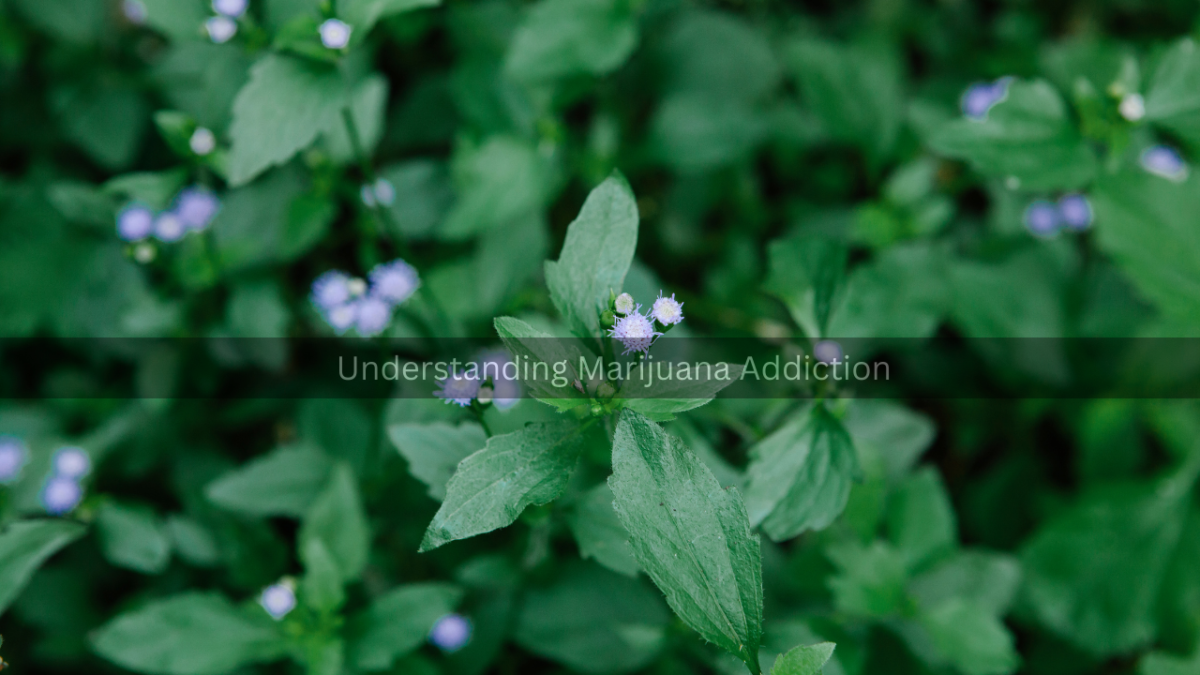
Marijuana is often perceived as a relatively benign substance compared to other drugs, but it is possible to develop an addiction to it. Understanding marijuana addiction involves exploring its symptoms, causes, and available treatments to effectively address this condition.
Symptoms of Marijuana Addiction
Marijuana addiction, or cannabis use disorder (CUD), is characterized by a range of symptoms that reflect a problematic pattern of use. Individuals may experience cravings for the drug, leading to an inability to control their consumption despite negative consequences. Common symptoms include:
- Increased Tolerance: Over time, individuals may need to use more marijuana to achieve the same effects, indicating a growing tolerance.
- Withdrawal Symptoms: When not using marijuana, individuals may experience withdrawal symptoms such as irritability, insomnia, loss of appetite, and anxiety.
- Neglect of Responsibilities: Marijuana use can interfere with daily responsibilities, such as work, school, or personal relationships.
- Continued Use Despite Problems: Persistent use despite experiencing physical or psychological issues related to marijuana is a key indicator of addiction.
- Time Spent Seeking or Using Marijuana: Spending a significant amount of time obtaining, using, or recovering from marijuana use can signal an addiction.
Causes of Marijuana Addiction
The development of marijuana addiction can be influenced by a combination of genetic, environmental, and psychological factors:
- Genetic Predisposition: Studies suggest that genetic factors may play a role in susceptibility to addiction. Individuals with a family history of substance abuse might be at higher risk.
- Early Use: Starting marijuana use at a young age can increase the likelihood of developing a dependence. The adolescent brain is particularly vulnerable to the effects of cannabinoids, which may alter brain development and increase addiction risk.
- Psychological Factors: Individuals with underlying mental health issues such as anxiety, depression, or trauma may use marijuana as a form of self-medication, which can lead to addiction.
- Social Environment: Peer pressure, social norms, and exposure to marijuana in one’s community can influence the likelihood of developing an addiction. Environments where substance use is normalized or encouraged can increase risk.
- Reinforcement and Coping Mechanisms: Marijuana’s ability to provide temporary relief from stress or discomfort can reinforce its use, leading to habitual consumption and potential addiction.
Treatments for Marijuana Addiction
Effective treatment for marijuana addiction typically involves a combination of behavioral therapies and support strategies:
- Cognitive Behavioral Therapy (CBT): CBT helps individuals identify and modify negative thought patterns and behaviors associated with marijuana use. It aims to develop coping strategies and improve problem-solving skills.
- Motivational Enhancement Therapy (MET): MET focuses on increasing an individual’s motivation to change their behavior. It encourages self-evaluation and personal goal setting to foster commitment to recovery.
- Contingency Management: This approach involves providing rewards for positive behaviors, such as abstinence from marijuana. It uses positive reinforcement to encourage and maintain sobriety.
- Support Groups: Peer support groups, such as Marijuana Anonymous, offer a community of individuals who share similar experiences and challenges. These groups provide emotional support and practical advice.
- Medical Treatment: In some cases, medications may be prescribed to manage withdrawal symptoms or co-occurring mental health conditions. While no specific medication is approved solely for marijuana addiction, some drugs can help alleviate associated symptoms.
Understanding marijuana addiction is crucial for addressing its impact on individuals and society. By recognizing the symptoms, understanding the causes, and exploring effective treatments, those affected can find the support they need to overcome this challenging condition and achieve long-term recovery.